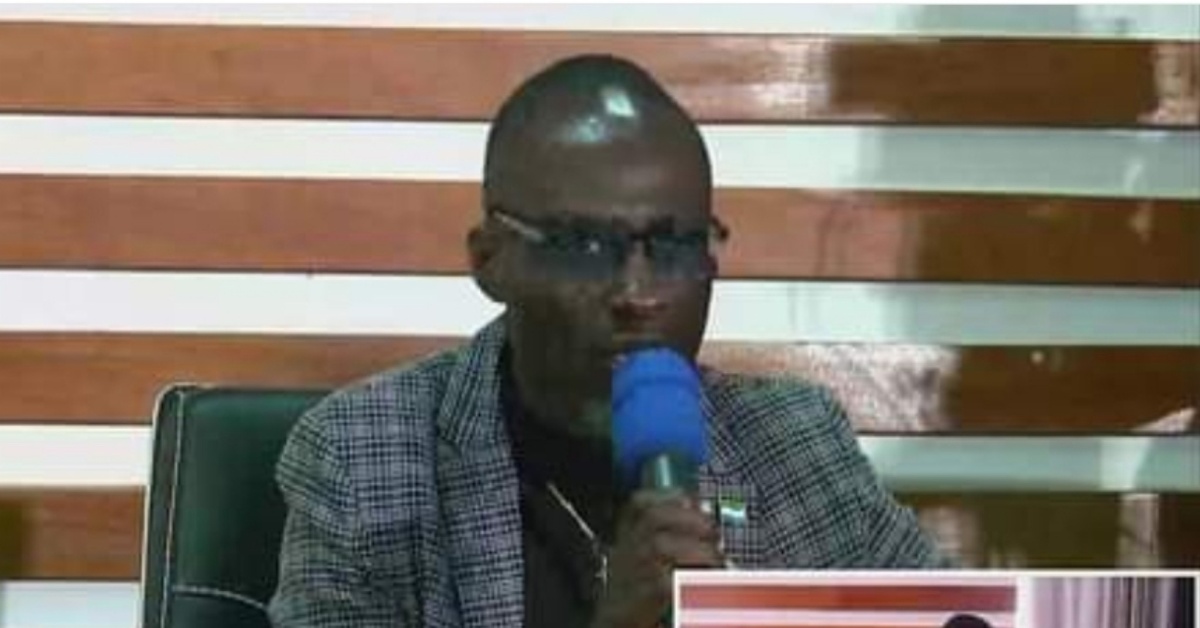Prince Charles Ramond Coker, Chairman of the All Political Parties Association (APPA), addressed issues concerning party size and political influence during the Ministry of Information and Civic Education’s weekly press briefing on September 10, 2024.
Coker, who ran as a presidential candidate in the 2023 election, expressed dissatisfaction with the term “smaller party,” asserting that all candidates, regardless of their party’s size, face similar financial obligations during elections.
Reflecting on historical context, Coker highlighted the 1996 election, where the APC finished third, with the PDP and UNPP playing crucial roles in determining the outcome.
He emphasized that political influence is fluid and cautioned against labeling parties as “small” or “big.”
Coker underscored APPA’s commitment to national peace and constructive opposition, stating that the association is dedicated to collaborative efforts.
He assured that any dissent within the association would be handled in a manner that fosters unity and constructive dialogue.
Olushogo A. David, Executive Secretary of the Political Parties Regulation Commission (PPRC), also spoke at the event, outlining the crucial role of opposition parties in the political landscape.
According to David, opposition parties not only communicate and advocate on behalf of the people but also engage constructively with the government to foster development.
David emphasized the importance of smaller and underrepresented parties, noting that their inability to attain government positions does not negate their following or constituency.
He pointed out that these parties have supporters who believe in their ideologies and thus play a role in representing these voters. He further suggested that opposition parties should offer constructive solutions to enhance national cohesion and progress.
Kumba Favour Amara, National President of the Young Women in Governance Network, called for the implementation of the Political Party Act 2022, particularly Part 9, which emphasizes the inclusion of women, youth, and disabled individuals in the political process.
Amara stressed that the “Not Too Young to Run” initiative should be actively practiced in Sierra Leone.
She highlighted the need for underrepresented groups to be included in discussions that affect their lives, arguing that a just and equitable society requires their active participation and advocated for increased diversity in governance.











